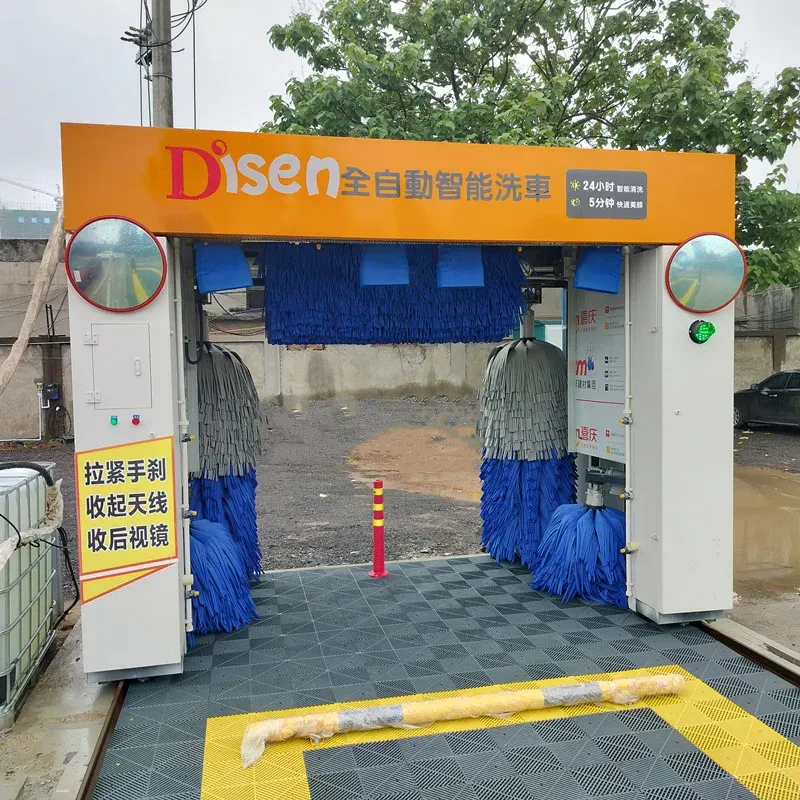
- Afrikaans
- Albanian
- Amharic
- Arabic
- Armenian
- Azerbaijani
- Basque
- Belarusian
- Bengali
- Bosnian
- Bulgarian
- Catalan
- Cebuano
- Corsican
- Croatian
- Czech
- Danish
- Dutch
- English
- Esperanto
- Estonian
- Finnish
- French
- Frisian
- Galician
- Georgian
- German
- Greek
- Gujarati
- Haitian Creole
- hausa
- hawaiian
- Hebrew
- Hindi
- Miao
- Hungarian
- Icelandic
- igbo
- Indonesian
- irish
- Italian
- Japanese
- Javanese
- Kannada
- kazakh
- Khmer
- Rwandese
- Korean
- Kurdish
- Kyrgyz
- Lao
- Latin
- Latvian
- Lithuanian
- Luxembourgish
- Macedonian
- Malgashi
- Malay
- Malayalam
- Maltese
- Maori
- Marathi
- Mongolian
- Myanmar
- Nepali
- Norwegian
- Norwegian
- Occitan
- Pashto
- Persian
- Polish
- Portuguese
- Punjabi
- Romanian
- Russian
- Samoan
- Scottish Gaelic
- Serbian
- Sesotho
- Shona
- Sindhi
- Sinhala
- Slovak
- Slovenian
- Somali
- Spanish
- Sundanese
- Swahili
- Swedish
- Tagalog
- Tajik
- Tamil
- Tatar
- Telugu
- Thai
- Turkish
- Turkmen
- Ukrainian
- Urdu
- Uighur
- Uzbek
- Vietnamese
- Welsh
- Bantu
- Yiddish
- Yoruba
car washer repairing
Car Washer Repair Keeping Your Essential Equipment in Top Shape
In the world of automotive maintenance and cleaning, a car washer—often referred to as a pressure washer or car wash machine—plays a crucial role. These machines help to maintain the appearance and hygiene of vehicles, but like any machinery, they are subject to wear and tear. Understanding the basics of car washer repairing is essential for car wash owners and operators to ensure optimal performance, extend the lifespan of their equipment, and maintain high service standards.
Common Issues with Car Washers
Car washers can experience a variety of problems over time, and recognizing the signs of malfunction is the first step towards effective repair
. Some common issues include1. Low Pressure One of the most frequent complaints from users is low water pressure. This can stem from several issues, such as a clogged nozzle, a dirty filter, or even pump damage. It is essential to inspect these components regularly to prevent more extensive damage.
2. Water Leaks Leaking hoses or connections can lead to inefficient cleaning operations and potential water wastage. Inspecting hoses, fittings, and seals can often identify the source of the leak, allowing for timely repairs.
3. Electrical Failures Many modern car washers are electrically powered and can experience issues such as faulty switches, wiring problems, or motor malfunctions. Regularly checking electrical components can help in identifying issues before they escalate.
4. Noisy Operation Unusual noises during operation can indicate mechanical problems, such as bearings that need lubrication or parts that are wearing out. Paying attention to your machine’s sounds can alert you to potential issues needing immediate attention.
Routine Maintenance Tips
Preventative maintenance can significantly reduce the likelihood of major repairs. Here are some practical tips to keep your car washer in top shape
car washer repairing

- Regular Cleaning After each use, it’s crucial to clean the machine, removing any soap residues, dirt, or debris. This helps prevent clogs and maintains the efficiency of the washers.
- Check Filters and Nozzles Ensure that filters and nozzles are clean and free of blockages. This improves water flow and pressure, providing better cleaning results.
- Lubricate Moving Parts Lubrication of necessary components, such as bearings and hinges, can prevent rust and wear and tear, ensuring smoother operation over time.
- Inspect and Replace Hoses Regularly checking hoses for cracks, wear, or leaks is vital to maintaining pressure. Using high-quality hoses can prolong the life of your car washer.
- Monitor Water Supply Ensure that the water supply to the washer is constant and that there are no interruptions, as this can affect performance.
When to Seek Professional Help
While many minor repairs can be handled by the user, sometimes it’s necessary to call in a professional. If errors persist despite your maintenance efforts, or if the repairs fall outside your comfort level, seeking professional help is the best course of action. Professionals can diagnose issues more thoroughly, perform repairs safely, and provide guidance on best practices for future maintenance.
Conclusion
Car washer repairing is an essential aspect of operating a successful car wash service. By understanding the common issues that can arise, implementing routine maintenance, and knowing when to call for professional assistance, car wash operators can ensure their equipment runs smoothly and efficiently. A well-maintained car washer not only enhances the quality of service provided to customers but also contributes to the overall longevity and reliability of the equipment. Invest time in understanding your car washer and its requirements, and you'll reap the benefits of a clean, attractive vehicle fleet—reflecting positively on your business.
-
Integrating Aqua Tunnel Car Wash in Shopping CentersNewsJun.24,2025
-
Gas Station with an Auto Car Wash MachineNewsJun.24,2025
-
Efficiency in Your Aqua Tunnel Car Wash: Power & Water-SavingNewsJun.24,2025
-
Car Wash Business with Advanced Auto Car Cleaning MachinesNewsJun.24,2025
-
Balancing Setup Costs with Aqua Tunnel Car WashNewsJun.24,2025
-
Aqua Tunnel Car Wash: Eco-Design for the Energy-Savvy EntrepreneurNewsJun.24,2025



